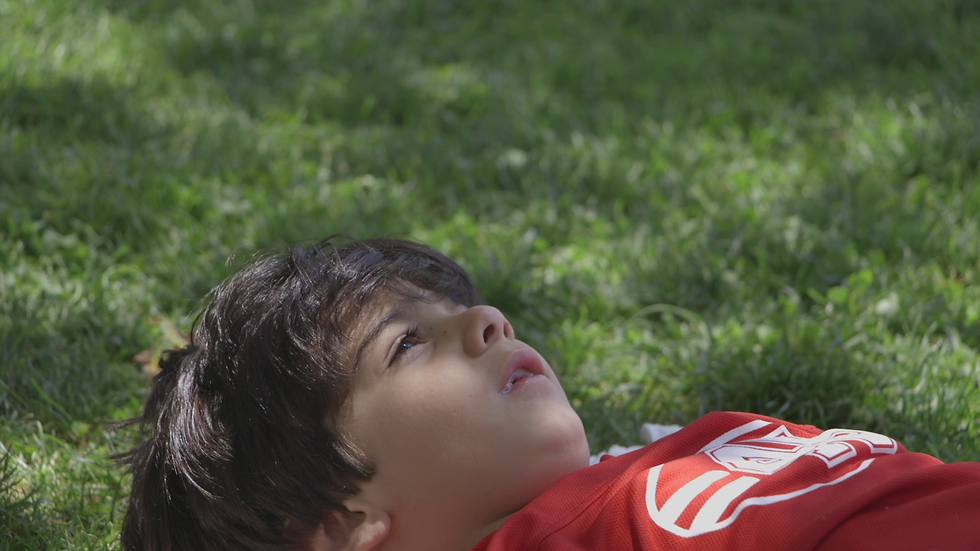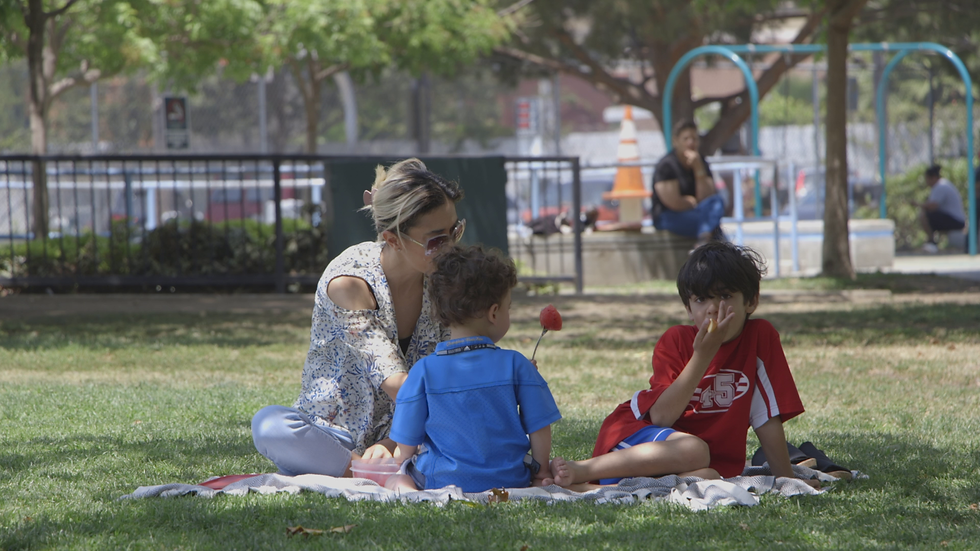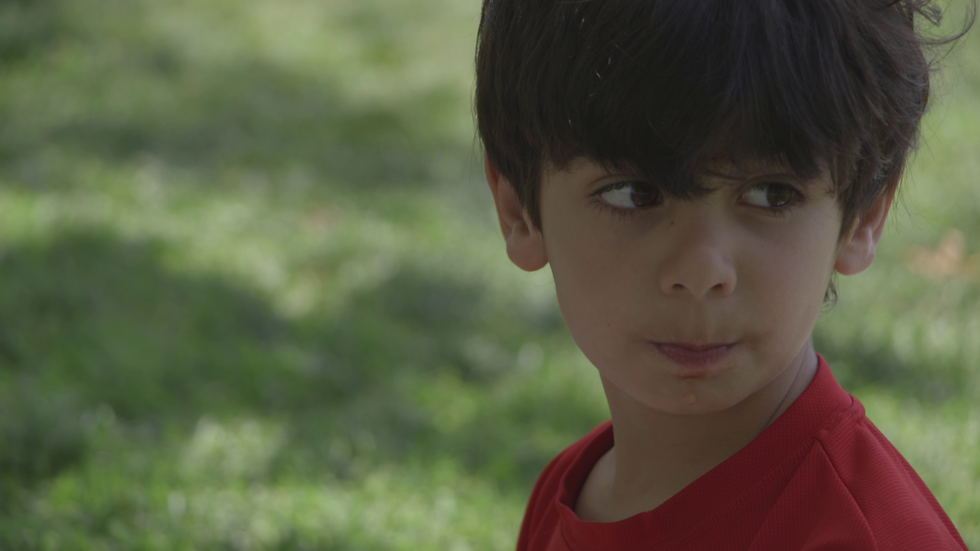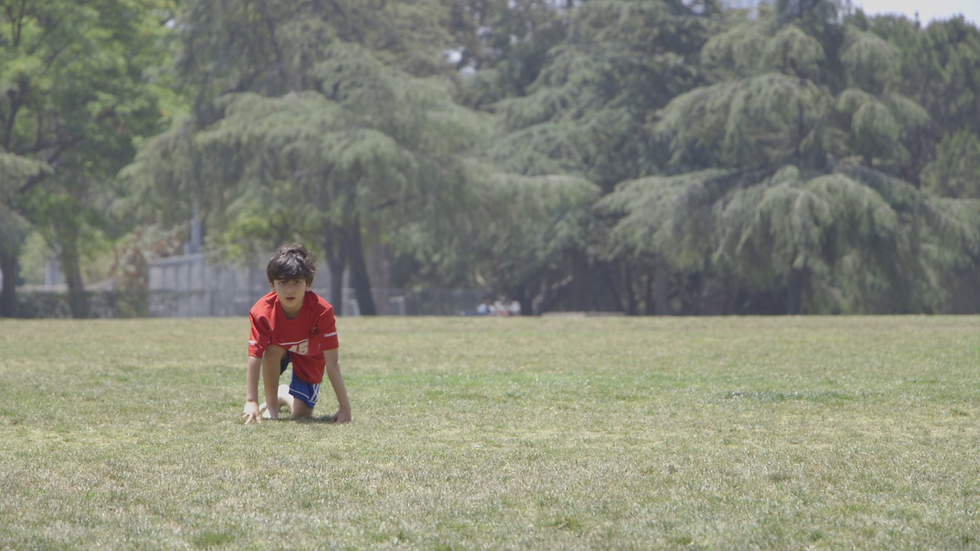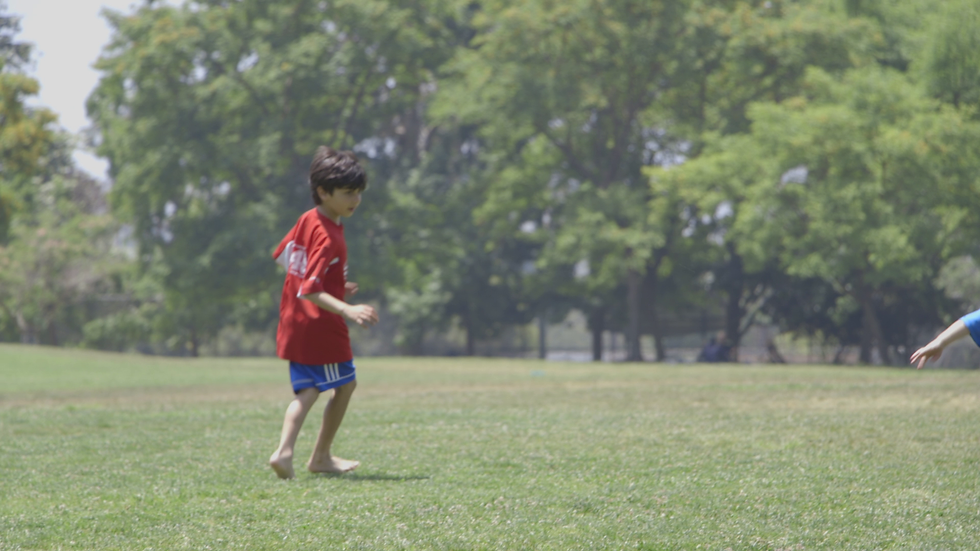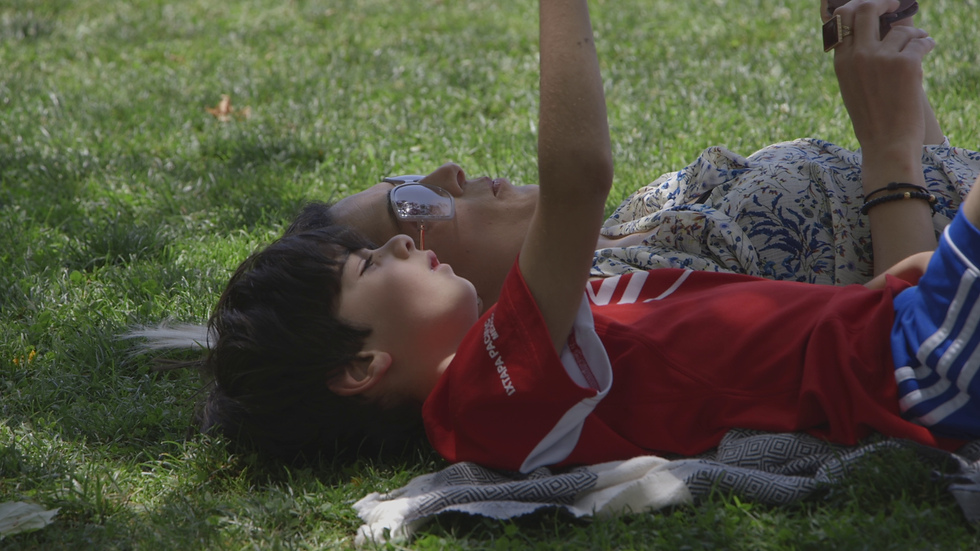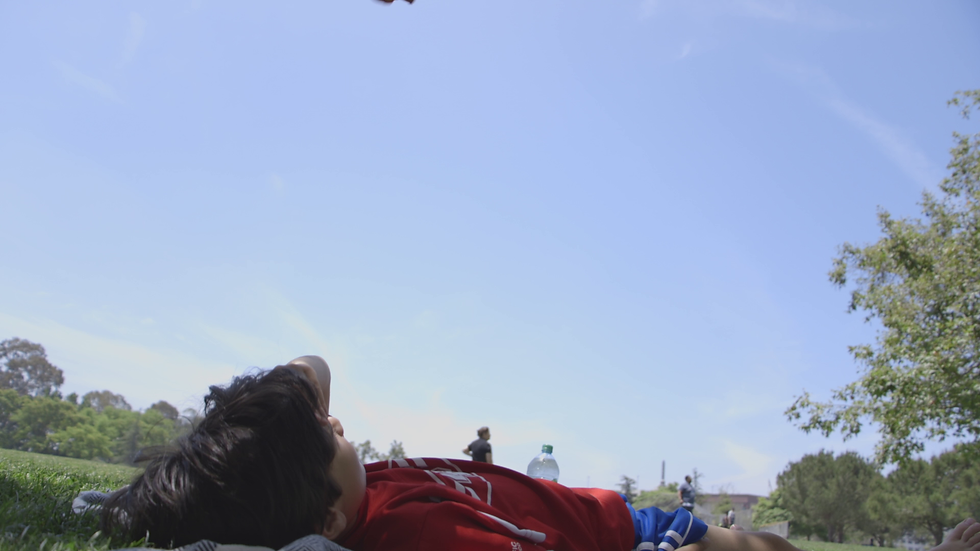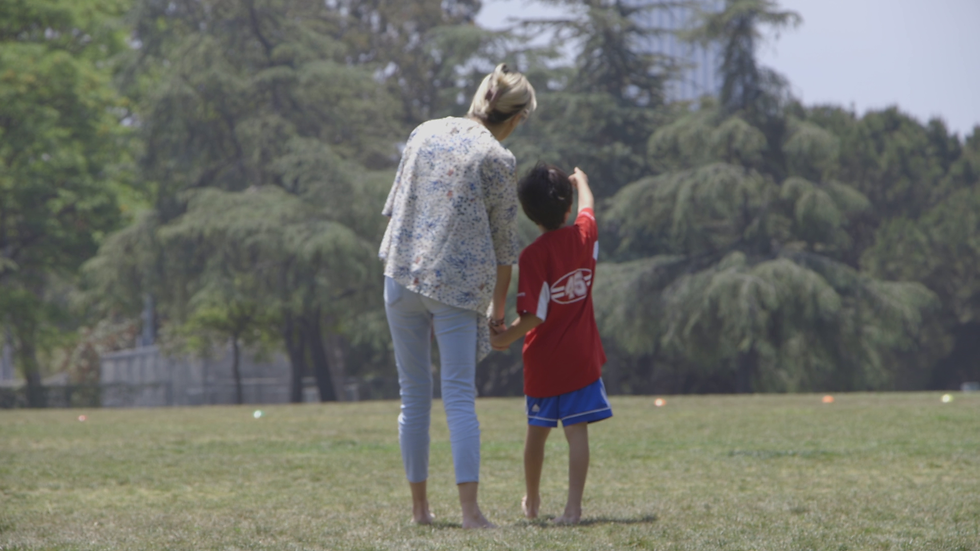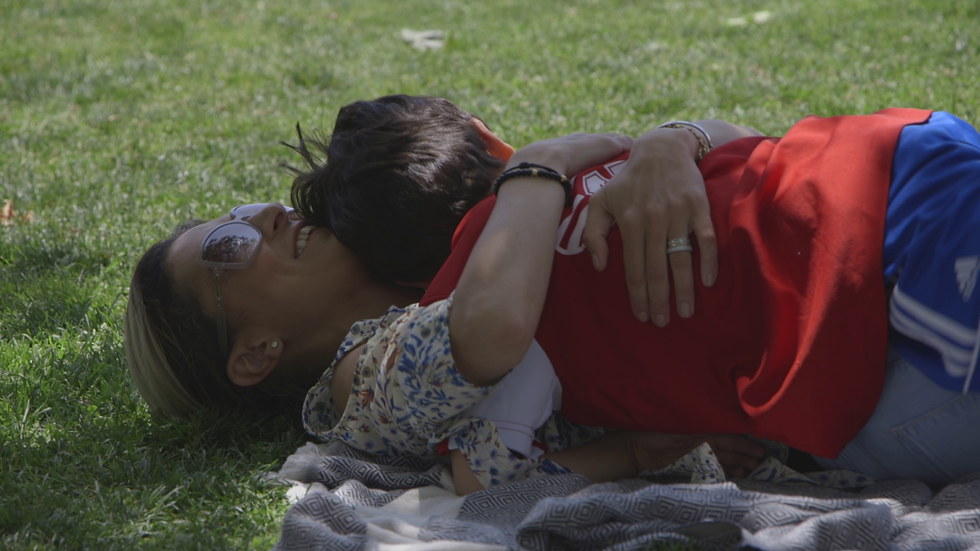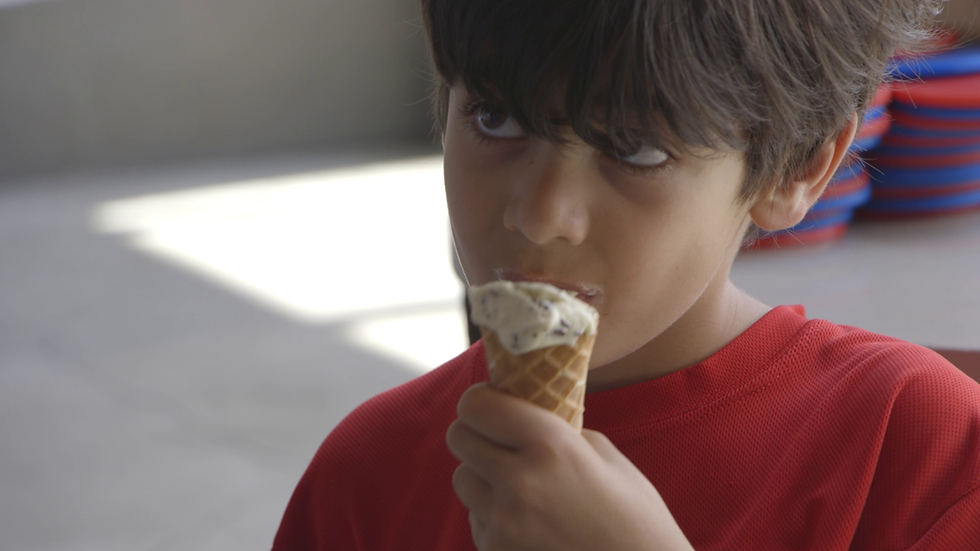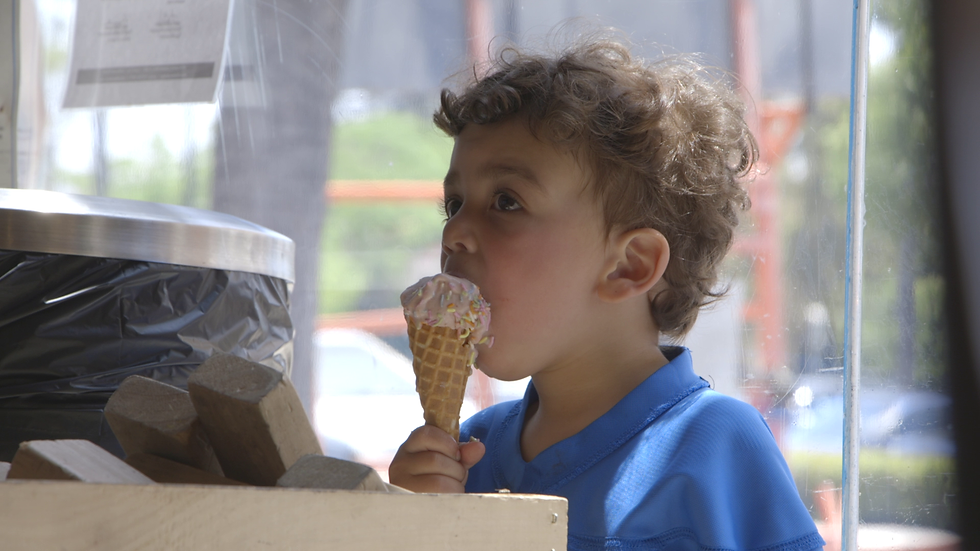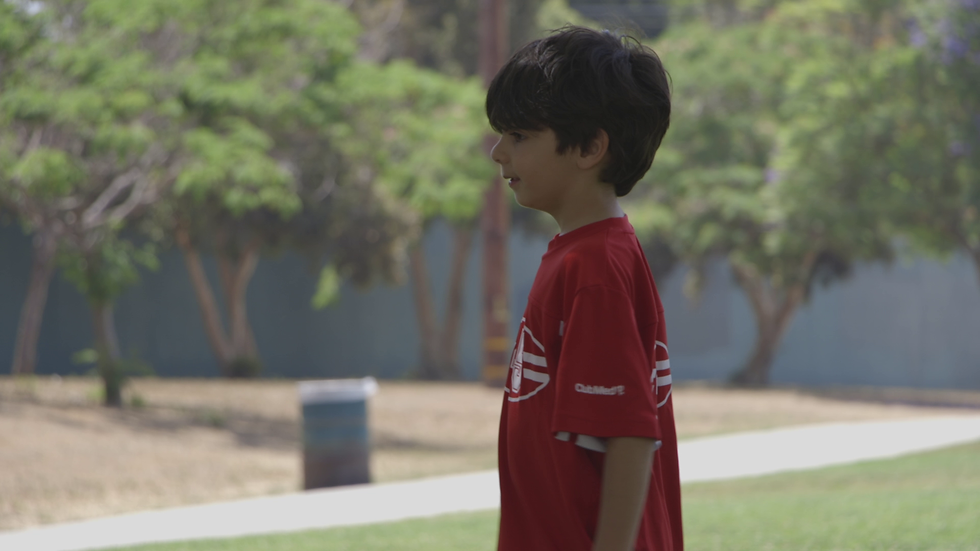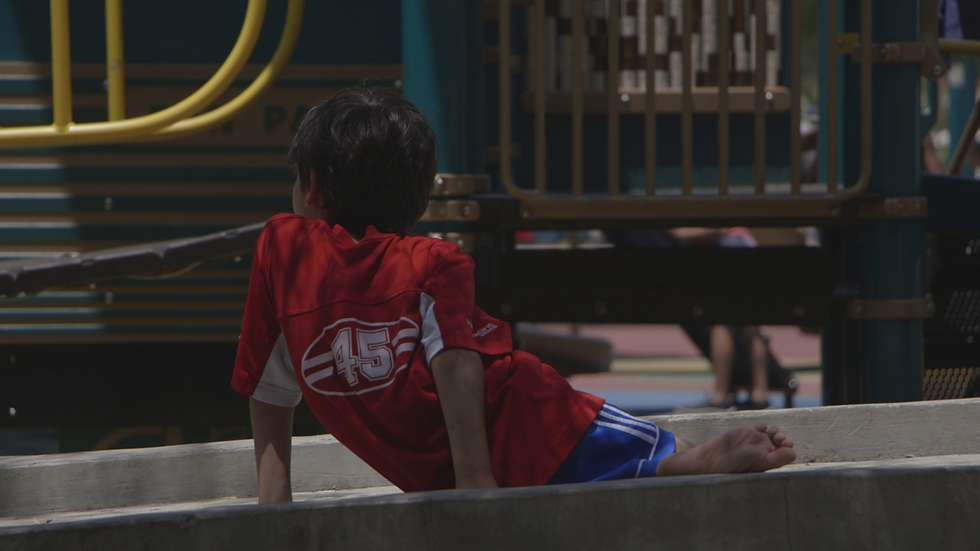I finished a rough edit of Sometimes I Dream in Farsi this morning. It has the film's basic structure and components. (That's robot speak for "it's looking very good!")

I still have to tighten things and maybe swap certain talking heads and insert some pics of me as a toddler, but it's working to a certain extent, with a lot of what we shot left on the editing room floor.

I suppose that's how editing works. You find a focus and a clear story, and anything that's outside that focus -- no matter how good it is -- just has to be removed. It's tough to do. I'm not sure I could have edited this film so quickly without having made so many precious edits in the past.
But, it's working. I have no sound mix, color correction, or distribution, etc., but I do have the basic skeletal structure for other folks to come now make it better.

At this point, my job is to cut a trailer from this rough cut and raise some funds via a fundraiser and grants. Our choices are to use Indiegogo, Seed & Spark, and Kickstarter.
What's the difference?
Indiegogo is basically a funding page where you keep all the profits you raise in exchange for gifts that donators can purchase.
Kickstarter is just like Indiegogo, but you have to raise a certain amount within a set time frame. If you don't, then you lose all your funds.
Seed & Spark is a fundraising site set-up like a wedding registry and caters to films specifically, so you'll be able to make donations for specific things, such as "camera rental package", etc.
We've done a fundraiser on Indiegogo before, so I'd be open to it, but the International Documentary Association does not support tax deductible donations through Indiegogo -- only Kickstarter and Seed & Spark. So, I guess we go with Seed & Spark, since Kickstarter is now a place for gadgets rather than films.

I'm really glad the International Documentary Association has supported us. I'm already starting to get donations via their page. So, if you've been following and are excited about the film, please consider donating straight through this link, because it's tax deductible for you and goes straight to us as a non-profit.

Besides that, the edit was certainly difficult. I'm sure there will be much more refinement, but I'll let someone else take over from this point if we can raise the funds. We'll need someone to do the sound mix, color correction, titles, and refine the edit -- not to mention distribution, marketing, and all the rest.
But, I'm focused on refining the edit, sound, and color correction now.

Aaron talked about doing a screening of the rough cut of the film here in Los Angeles for some of our friends and family to get some opinions. I think that's a great idea.

I usually send out some private links in the early stages to a few, select friends for notes. It'd be easier to see how the film plays to a small audience and tell you what people might not be able to put into words, but, as a filmmaker, you could just feel in the energy of the room.

I still have to get some scanned photos of myself when I was a kid. I asked my parents and brothers to send me some. Hopefully, it's enough and a high enough quality to start peppering the film with them at certain points. I'd hate to waste money on a plane ticket to just scan photos. Maybe, I will have to do that at some point too.

Besides editing for the last three weeks for 10-14 hours a day, I've been enjoying Meow-Meow, Sohee, and Los Angeles. Even in this heat wave, where we're at 104 degrees, I'm still able to be grateful for being here and having been making all these great films every year.
Okay, so I better get back to it.
I'll try and post a trailer and link to the fundraiser by Wednesday.










